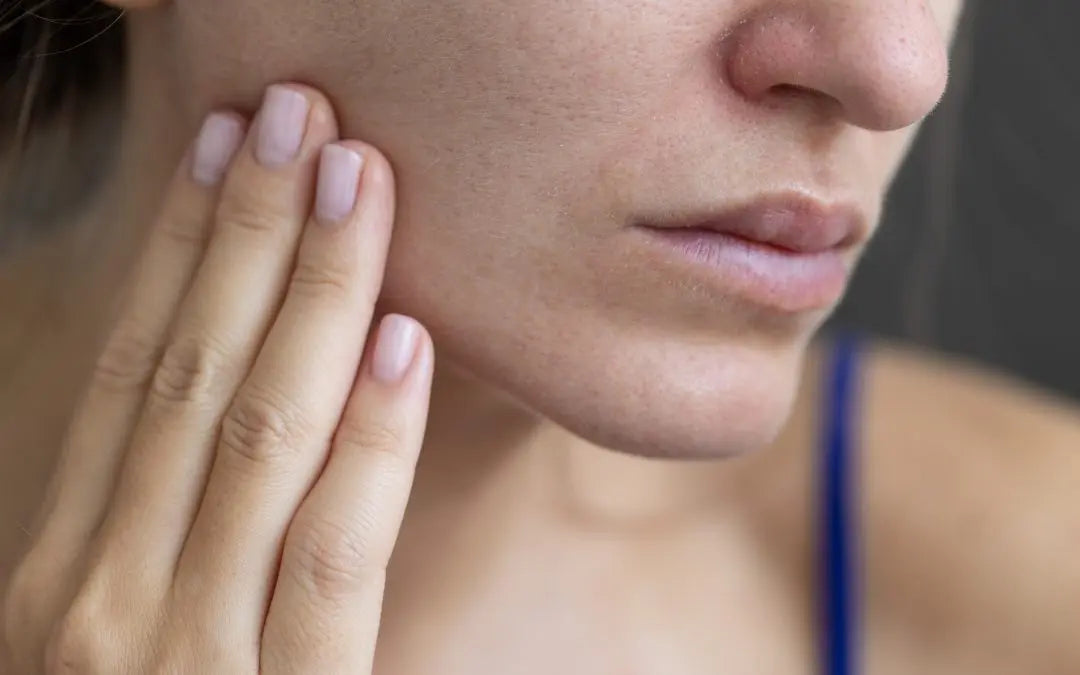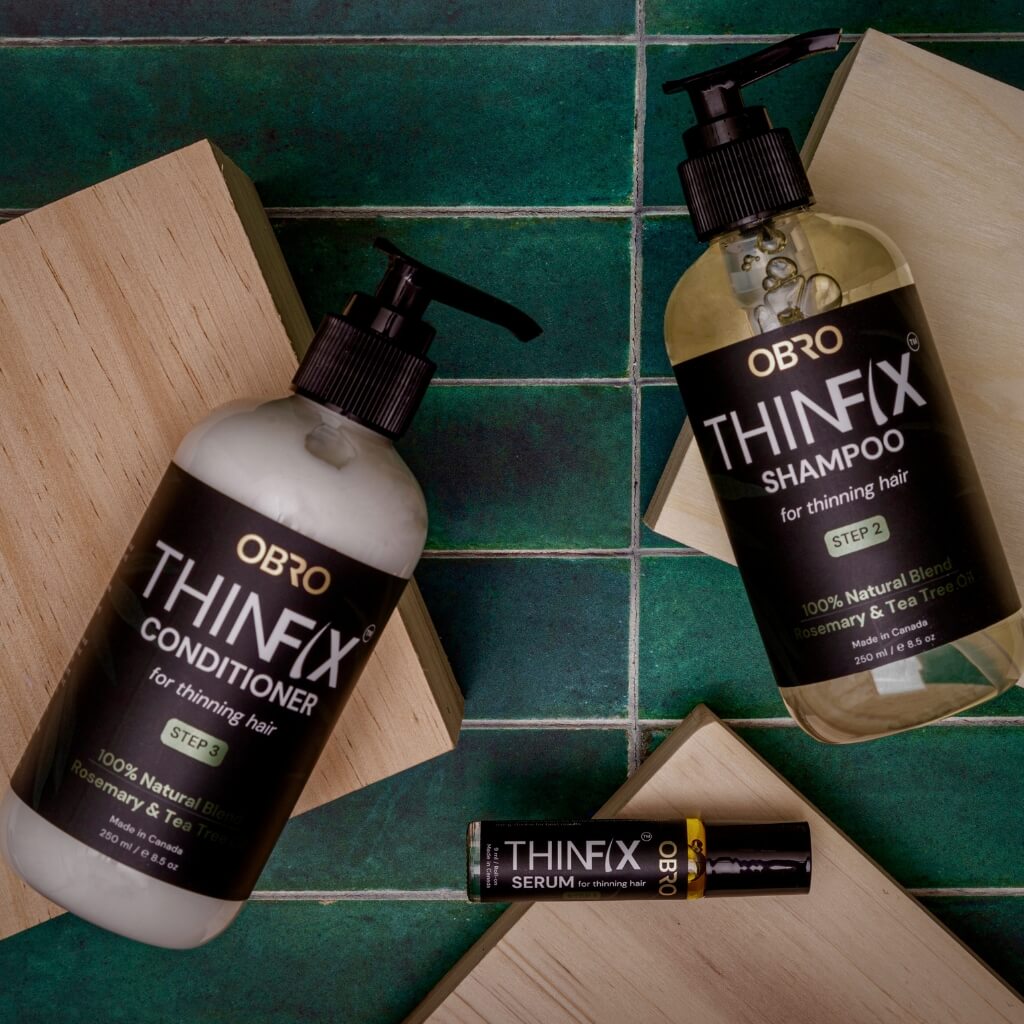Is Your Soap Making Your Skin Dry? Try This Instead
Have you ever wondered why your skin feels tight and parched after a seemingly routine bath? In today’s post, we’re diving into one of the most common skincare dilemmas: how conventional soap might be stripping your skin of its natural moisture—and what you can try instead.
The Problem with Traditional Soaps
Conventional soaps are designed to cut through dirt and oil, and while that sounds great for hygiene, the harsh detergents they contain can also strip away essential natural oils. These oils form a protective barrier, keeping your skin soft, hydrated, and resilient. When they’re removed, your skin is left vulnerable, leading to dryness, irritation, and even an imbalance in your skin’s natural pH.
Many of us have experienced the “post-shower tightness” that signals this exact imbalance. It’s not just about aesthetics—the dryness can contribute to premature aging and can even trigger sensitivity issues down the line.

Why Your Soap Might Be Doing More Harm Than Good
Modern soaps often include ingredients like sodium lauryl sulfate (SLS) and other potent detergents that, while effective at cleaning, also disrupt your skin’s delicate ecosystem. The more aggressive the cleanser, the more it interferes with the natural barrier that defends against environmental stressors.
This isn’t just a minor inconvenience. For those with sensitive or already dry skin, the effects of these harsh cleansers can be noticeably uncomfortable, leading to tightness, itching, and even flaky patches. Over time, as the skin's moisture barrier continues to erode, you might find your skin increasingly prone to irritation and inflammation.

Gentle Alternatives for Healthier, Hydrated Skin
So, if traditional soaps are undermining your skin’s natural defenses, what can you do? The good news is that there are plenty of alternatives designed with skin health in mind:
-
Glycerin-Based Cleansers: These cleansers are not only effective at cleaning without stripping moisture, but they also attract water to the skin, helping to maintain hydration.
-
Cream Cleansers: Often enriched with nourishing oils and emollients, cream cleansers work to gently remove impurities while leaving a protective layer on your skin.
-
Cleansing Oils: Ideal for all skin types—including dry and sensitive skin—cleansing oils dissolve makeup and impurities without disturbing your skin’s natural oil balance. As they emulsify with water, they rinse away cleanly without leaving your skin feeling deprived.
-
Syndet Bars: These are synthetic detergent bars that mimic soap but are formulated to be pH-balanced. They’re less likely to disrupt your skin’s natural protective barrier compared to traditional soaps.
When making the switch, it’s important to give your skin time to adjust. You might notice a transition period as your skin begins to balance out its moisture levels again. Be patient and observe how it responds to the new routine.
Tips for a Healthier Cleansing Routine
-
Test and Customize: Everyone’s skin is unique. Consider doing a patch test with new products to ensure they work well with your skin type.
-
Moisturize Immediately After: Whether you choose a cleansing oil or a cream cleanser, follow up with a good moisturizer to lock in hydration and further reinforce your skin’s natural barrier.
-
Avoid Over-Cleansing: More isn’t always better. Stick to a routine that cleans without overdoing it, usually once in the morning and once at night.
By making these thoughtful choices, you can wave goodbye to the feeling of tight, uncomfortable skin and welcome a balanced, hydrated glow instead.
Embrace the Change
Switching from traditional soap to a gentler cleanser isn’t just a small tweak—it’s a transformative act of self-care. When you protect your skin’s natural defenses, you empower it to look and feel its best. Give these alternatives a try, and watch how your skin responds over time.
Have you made the switch already? How did your skin adjust? Let’s keep the conversation going—share your experiences or tips below, and be sure to explore more ways to nurture your skin’s health.





